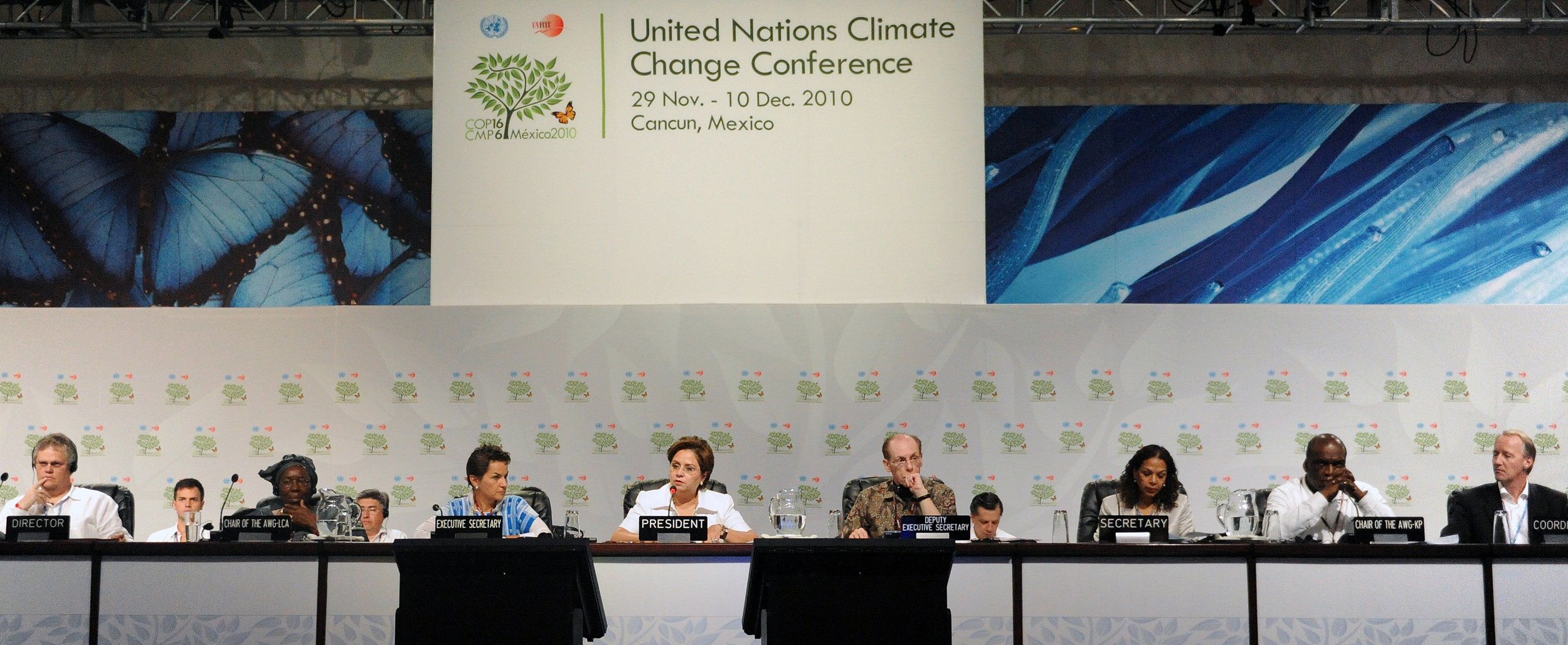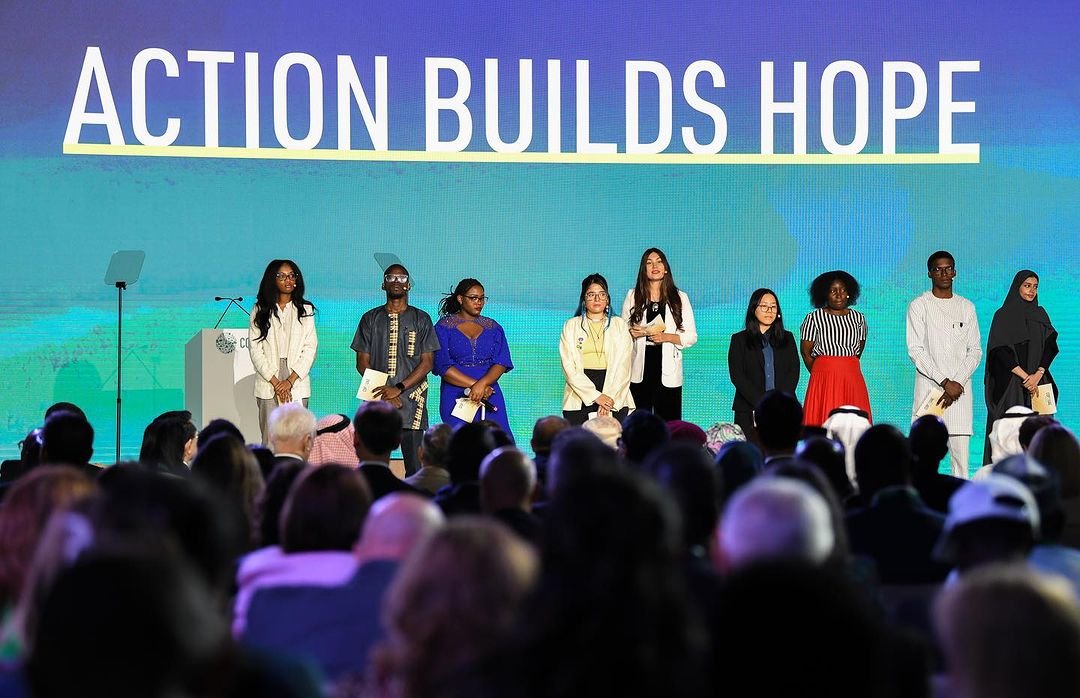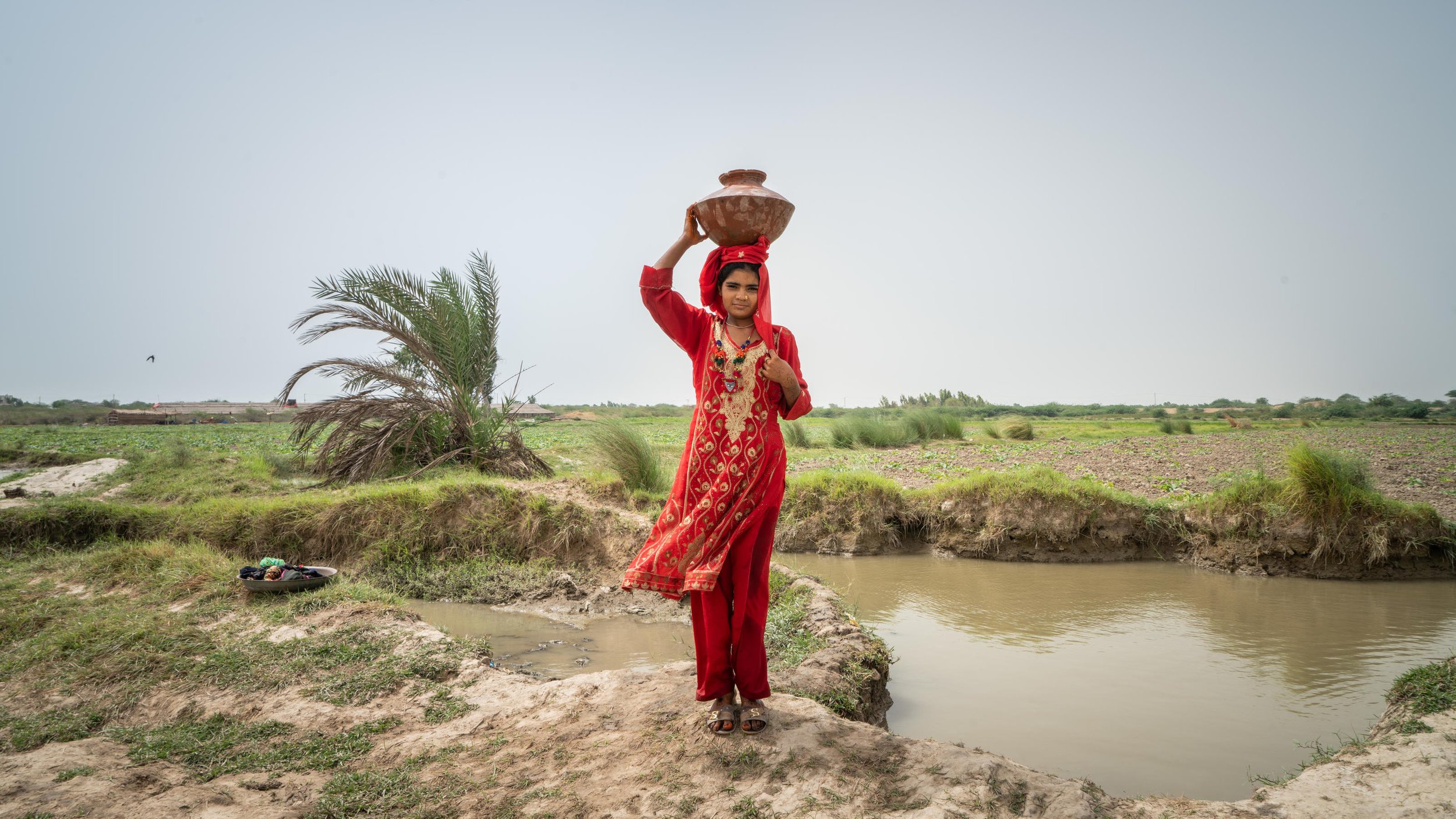
Articles
Search By Topic

March, the month of women, and also of solutions to the climate crisis
Solutions to the climate crisis demand representation: the inclusion of diverse groups in society, especially those on the front line of the impacts of environmental disasters. Representation is effective in solving the climate crisis, as it increases the possibilities and expands the perspectives of solutions. In celebration of March, Women’s Month, we bring the perspective of gender equity based on the history of female leadership in previous COPs, expectations for the COP29, and upcoming institutional arrangements on climate.

From Sharm el-Sheikh to Dubai: Learnings and Expectations from the Climate Conferences
One of the most important and globally visible events in the climate field is coming up again: the United Nations Conference on Climate Change, COP28. Presided over by the United Arab Emirates and hosted in Dubai, it is an event with high expectations and an agenda involving topics such as climate financing, losses and damages, and high rates of greenhouse gas emissions.

Brazilian Women Ministers: Environment and Indigenous People Agenda
Ever since current Brazil President Lula took office this January (2023), two women in his administration have become some of the most powerful players in Brazilian politics, leading important agendas on human rights, environment, and climate.

The LGBTQIAP+ community is leading the fight against climate change
According to the Intergovernmental Panel on Climate Change (2023), many climate change impacts are unavoidable or irreparable. These radical changes can be limited if urgent action is taken, but global warming is here to stay -- and unfortunately, will continue to increase. At EmpoderaClima, we not only acknowledge the disproportional effect climate change has on marginalized groups, including the LGBTQIAP+ community, but we also recognize and celebrate their protagonism and leadership to fight the climate crisis.

Gender, Water & Climate: here's what you need to know
Globally, people increasingly depend on natural resources and, even though in many regions women carry a disproportionate responsibility for securing water, they still have less access to it. Additionally, it must be acknowledged that climate change does not affect women and girls uniformly around the world.
Climate change is a “threat multiplier”, so it escalates social, political and economic tensions, as well as gender inequalities, in fragile or conflict-affected situations.
